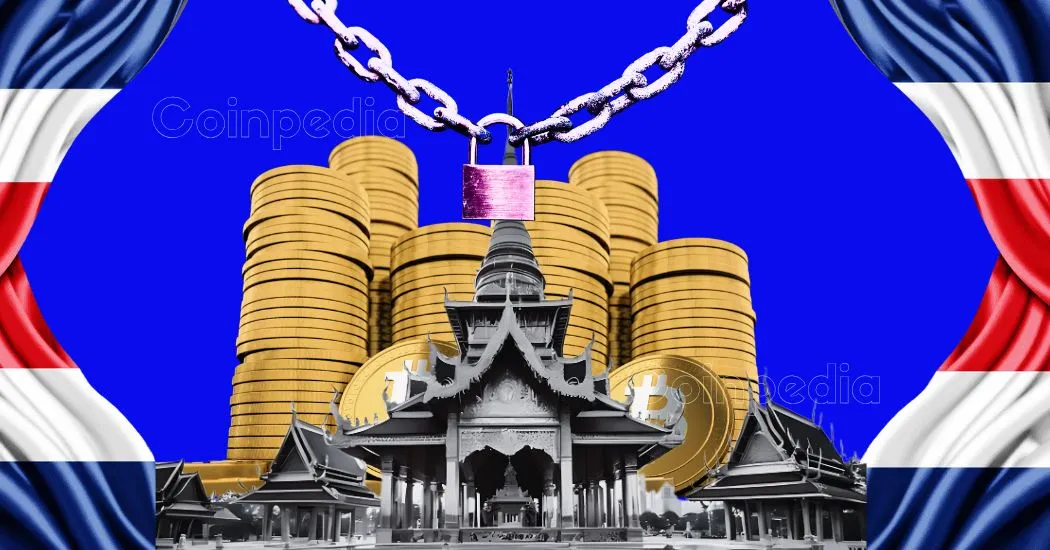
The global rise of cryptocurrency exchange platforms has significantly transformed how individuals and institutions access and trade digital assets. These platforms promise convenience and a democratized financial landscape but also present a regulatory puzzle for governments worldwide. Thailand recently made headlines by blocking access to five major cryptocurrency exchanges—Bybit, OKX, CoinEx, 1000X, and XT.com—highlighting the tension between fostering innovation and enforcing legal oversight.
Regulatory Actions and Licensing Challenges
At the heart of Thailand’s crackdown lies a fundamental issue: the absence of proper licensing for these exchanges within the country. The Thai Securities and Exchange Commission (SEC) has emphasized that none of these platforms holds the regulatory approval required by domestic laws to offer services to Thai residents. This regulatory vacuum raises concerns about transparency, consumer protection, and adherence to critical anti-money laundering (AML) protocols. By blocking these unlicensed exchanges, Thailand not only asserts its jurisdiction but also underscores its determination to impose stricter controls over the rapidly growing crypto trading ecosystem.
The tightening regulatory grip is part of a broader legislative initiative empowering Thai authorities to block websites and applications that provide unlicensed financial services locally. This isn’t merely punitive but serves a dual purpose: safeguarding retail investors from the inherent risks posed by unauthorized platforms, and reinforcing market integrity. Historically, unregulated crypto exchanges have been linked to scams, deficient operational transparency, and inadequate consumer safeguards, all of which can erode investor confidence. Thailand’s blocking strategy intends to reduce these vulnerabilities and channel traders toward officially licensed providers who meet stringent regulatory standards.
Legal Enforcement and Deterrence Measures
Beyond website blacklisting, the Thai SEC has stepped up legal actions against these specific exchanges, signaling a proactive and assertive stance toward unauthorized crypto operations. This litigation isn’t isolated to holding a few entities accountable; it serves as a clarion call to the entire market that regulatory avoidance will carry consequences. For exchanges, this means that persistence in unregulated activities could invite further penalties and legal complications. For the broader crypto ecosystem in Thailand, it heralds a shift toward a more compliant, monitored environment aiming to mitigate risks associated with digital asset trading.
This legal approach also targets the frequent use of cryptocurrencies in illicit financial activities, particularly money laundering. Crypto’s decentralized, pseudonymous nature challenges traditional financial oversight, making robust AML compliance a regulatory priority. By disrupting access to unlicensed exchanges, Thai authorities are preemptively curbing pathways that might facilitate financial crimes, thus reinforcing the country’s broader strategy to align emerging financial technologies within existing legal frameworks.
Technical Implementation and Market Implications
Operationally, the enforcement involves a technical blockade managed by the Ministry of Digital Economy and Society, effectively preventing Thai residents from registering, trading, or interacting with these five exchanges. This technical barrier complements legal frameworks by physically restricting access at the user level, ensuring that regulatory mandates are enforced in tangible ways.
The implications for the affected exchanges are multifaceted. Their business continuity faces disruption, and reputational damage may arise from being singled out by regulators. However, this disruption also potentially motivates these platforms to engage constructively with Thai regulators, seeking licensing that legitimizes their operations. Such alignment could introduce more standardized operational practices, enhancing trust among investors and contributing to the sustainability of Thailand’s crypto market.
At a macro level, Thailand’s measures echo a growing global pattern where governments attempt to strike a balance between embracing the innovation of cryptocurrencies and controlling associated risks. While digital assets hold promise for financial inclusion and technological progress, regulatory frameworks must evolve to safeguard consumers and uphold market integrity. Thailand’s decisive steps could serve as a blueprint for other nations grappling with similar challenges, demonstrating how rigorous regulation can coexist with a dynamic crypto market.
In essence, Thailand’s decision to block Bybit, OKX, CoinEx, 1000X, and XT.com is a landmark move toward instilling order in a fast-evolving digital asset sector. By enforcing licensing requirements, initiating legal proceedings, and employing technical blocks, Thai authorities emphasize investor protection and AML compliance while aiming to deter unauthorized market behaviors. Though these actions impose short-term restrictions on users and exchanges, they pave the way for a more regulated, transparent, and stable cryptocurrency environment in Thailand, signaling a maturation of its digital financial landscape.
